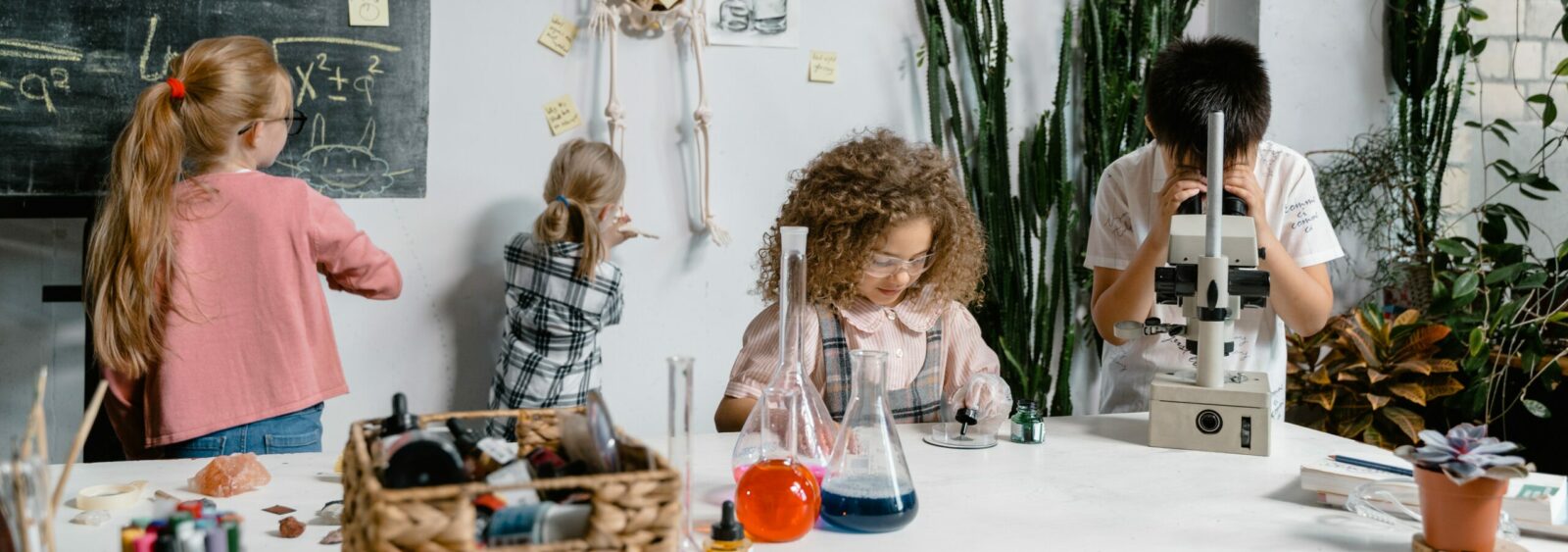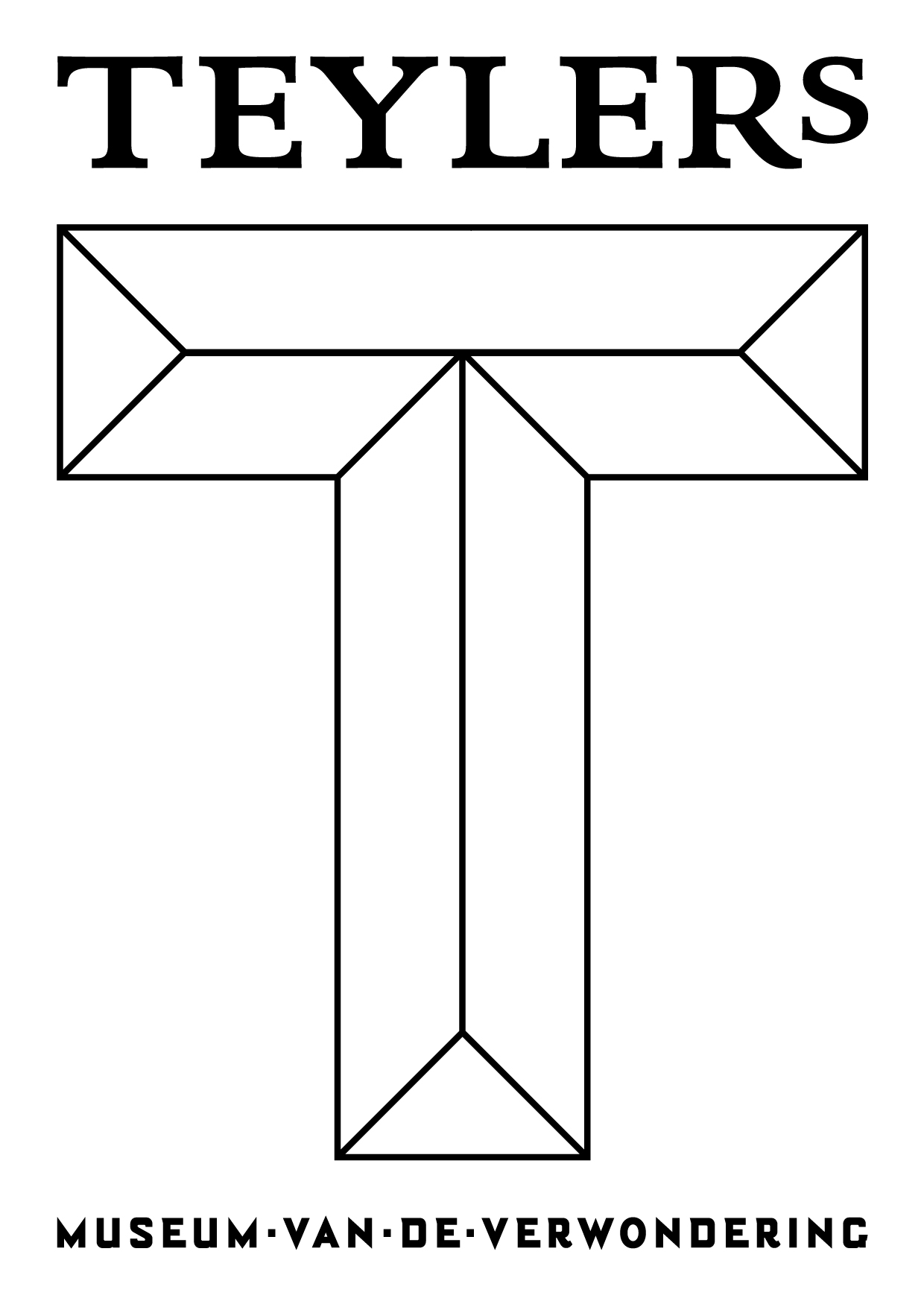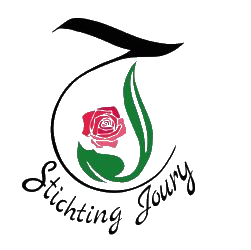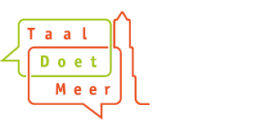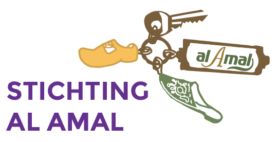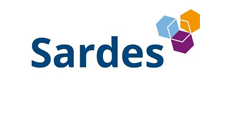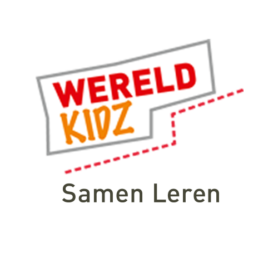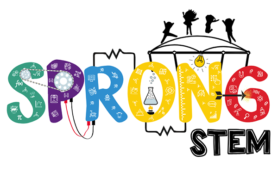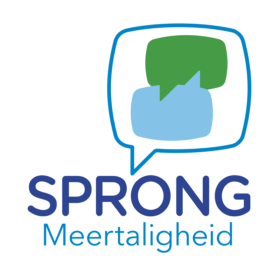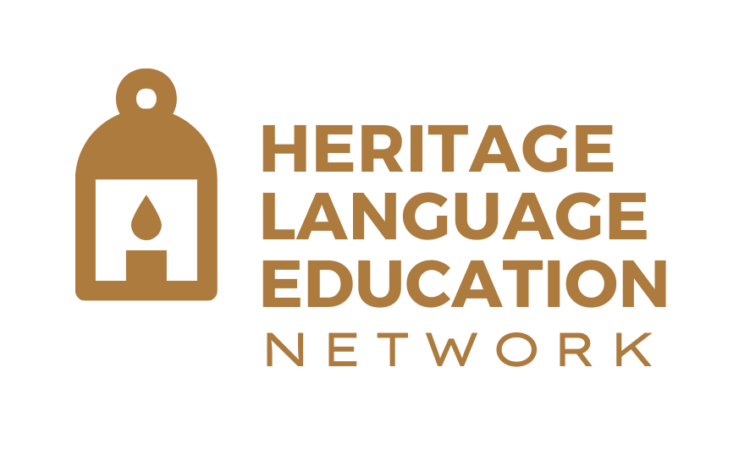How we talk about language matters: ‘Your’ language, ‘your’ country
‘How do you say photoreceptor in your language, Maria?’ asks Janneke, Maria’s science teacher. Maria is 12 and she was born in Romania. She went to kindergarten in Constanta, Romania. When Maria was 6, she started school in Granada, Spain. She’s lived in Alkmaar with her family for 2 years now. Maria speaks Romanian and Spanish with her parents, adds Dutch to the mix with her older sister, learns in Dutch at school, and she listens to podcasts about Taylor Swift in English. What is her language?
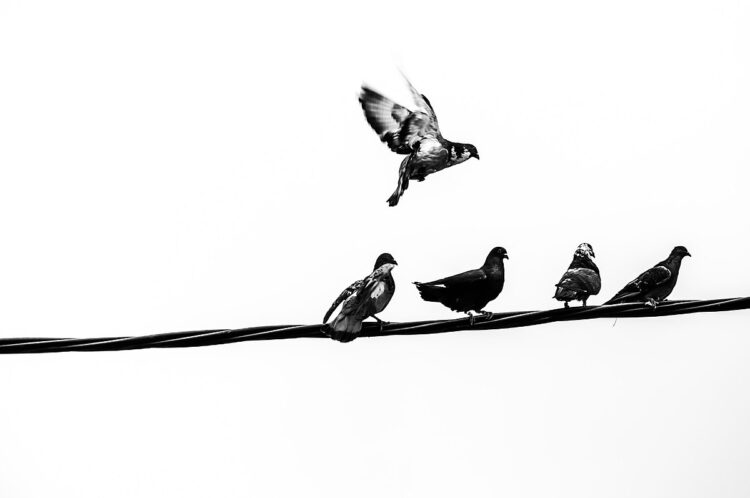
We tend to think that people’s language is the language spoken in the country where they were born. And, to a certain extent, that is true. In many cases, that language is strongly connected to who we are: our family and friends, memories, dreams, knowledge, and ways of talking and thinking about scientific words, like ‘photoreceptors’.
But is that the only language that is ours? Is that the only country that is ours? In 2007, an anthropologist called Steven Vertovec introduced the term ‘super-diversity’. Vertovec explains that many societies are now more diverse than ever: in a country like the Netherlands we find people who are born in different areas across the world. Even within one community, there may be people who came here 40, 10, or 2 years ago or whose parents or grandparents moved here. Sometimes just one of the parents has a migrant background. Or sometimes the migration route is not from country A to country B, but goes through C, and D, and Z. All this makes us question our assumptions about which language and country belongs to whom.
Returning to Maria, Janneke’s question is very important. The teacher welcomes Maria’s background and knowledge in the classroom. But a tip for Janneke would be to reframe her question: How do you say photoreceptor in Romanian? This way, the teacher makes space for imagining that Maria can have more than one language. Multiple languages can belong to Maria and Maria can belong in multiple countries.
Mirona Moraru | Postdoctoral researcher, subproject ‘Boundary Crossing’.
Currently, this blog is only available in English and Dutch. To read it in another language we recommend using the translation tool DeepL.com.
